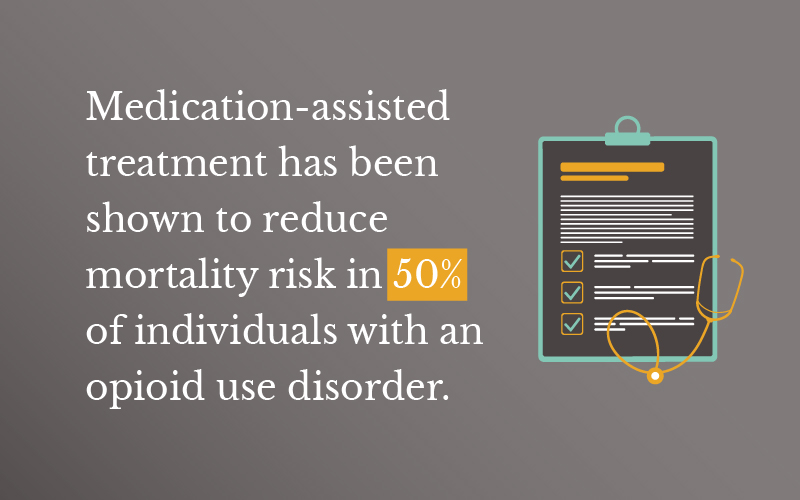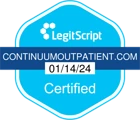What is a Partial Hospitalization Program for Substance Abuse Recovery?
What is a Partial Hospitalization Program?
A partial hospitalization program (PHP) is a structured, intensive outpatient mental health treatment program. It’s designed for people who need more support than traditional outpatient therapy but not the 24-hour care of inpatient hospitalization.

Treatment Modalities
- Therapy
- Medication management
- Skill-building exercises
Goals of a PHP
- Depression
- Anxiety
- Other mood disorders
- Substance use disorder
What is Substance Use Disorder?
A substance use disorder (SUD) is characterized by a person’s recurrent use of substances such as alcohol or drugs, even when it negatively affects their life.
Symptoms of a Substance Use Disorder
- Increased amounts or using over a longer period than intended
- Unsuccessful attempts to control substance use
- Spending a lot of time getting, using, or recovering from the effects of the substance
- Failure to fulfill major obligations at work, school, or home due to substance use
- Continued substance use despite social or interpersonal problems caused by the effects of the substance
- Engaging in substance use in dangerous situations, such as while driving
- The need for increased amounts of the substance to achieve the desired effect
- Reduced social, occupational, or recreational activities because of substance use
- Intense r cravings for the substance
Importance of Attending Treatment at a PHP for Substance Abuse Recovery

Key Components of a PHP for Substance Abuse
Structured Schedule
- Individual therapy
- Group therapy
- Educational sessions
- Recreational activities
Individual Therapy
- Address personal issues
- Develop healthy coping strategies
- Set individualized treatment goals
Group Therapy
What is Group Therapy?
Psychoeducation
- The nature of substance abuse
- Its effects on the body and mind
- Strategies for relapse prevention
Skill-Building Activities
- Developing life skills
- Stress management techniques
- Healthy coping mechanisms
Family Involvement
Relapse Prevention Planning
- Identifying risk factors for relapse
- Creating coping strategies
- Establishing a support network to help prevent relapse
Continued Assessment and Evaluation
Aftercare Planning
- Ongoing support
- Relapse prevention strategies
- Connections to community resources
Continued Healing After Treatment
The Role of Medication Management in a PHP For Substance Abuse Recovery
Medication management often plays a crucial role in a PHP for substance abuse recovery. This is especially true when people have co-occurring mental health conditions.
The integration of medication management into the treatment plan involves several key components:
Assessment and Evaluation
Before starting any medication, a thorough assessment of the person’s mental health and substance use history will be conducted.
- Co-occurring disorders
- Withdrawal symptoms
- Other medical considerations that may warrant medication
Psychiatric Evaluation
- The severity of mental health symptoms
- Potential medication benefits
- The person’s general health
Stabilization and Symptom Management
Medication Education
Regular Monitoring and Adjustments
Coordination with Therapy
Dual Diagnosis Treatment
For those with co-occurring mental health conditions, medication management becomes an essential component of dual diagnosis treatment.
The goal is to address both the SUD and the coexisting mental health issues at the same time rather than just treating any overarching symptoms. This significantly improves the chances of long-term wellness and sobriety.
Relapse Prevention
Collaboration with Other Providers

What Medications Are Commonly Utilized in MAT?
Medication Assisted Treatment: a General Overview
How Does a PHP for Substance Abuse Help People Transition to Less Intensive Care?
Gradual Step-Down Approach
Continuity of Care
Individualized Treatment Planning
Family Involvement
- Create a supportive home environment
- Strengthen family relationships
- Provide a network of support during the transition to independent living
Community Integration
Flexibility in Scheduling
Therapeutic Practices in a PHP For Substance Abuse Recovery

Cognitive-Behavioral Therapy (CBT)
- Foster self-awareness
- Teach practical skills
- Manage cravings
- Navigate high-risk situations
- Develop healthier responses to stressors
How Does CBT Work?
Dialectical Behavior Therapy (DBT)
Motivational Enhancement Therapy (MET)
Trauma-Focused Therapies
- Develop healthier coping mechanisms
- Foster emotional regulation and self-awareness
- Increase resilience
Dual Diagnosis Treatment
Yoga and Meditation
- Physical postures
- Breathwork
- Mindfulness
Expressive Arts Therapies
- Fosters self-discovery
- Uncovers underlying issues contributing to their substance use
- Offers a way to process trauma, reduce stress, and enhance self-esteem

PHP For Substance Abuse Recovery at Continuum Outpatient Center
Contact Continuum Outpatient Center Today
Resources
- https://www.hhs.gov/about/news/2023/01/04/samhsa-announces-national-survey-drug-use-health-results-detailing-mental-illness-substance-use-levels-2021.html#:~:t
- https://www.verywellmind.com/substance-use-4014640
- https://www.goodrx.com/health-topic/mental-health/partial-hospitalization-program
- https://www.ncbi.nlm.nih.gov/books/NBK541393/
- https://www.mentalhealthcenter.org/mental-health-struggles-php/
- https://www.ncbi.nlm.nih.gov/pmc/articles/PMC2897895/


